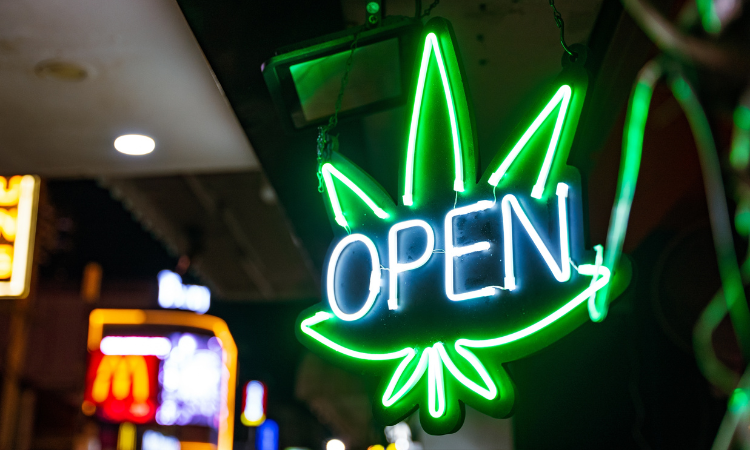Thailand is moving to restrict cannabis to medical use only and is preparing to re-classify the plant as a narcotic again. A doctor’s prescription is set to be required for legal purchases once the health ministry’s order is fully in force. Penalties for selling without meeting the new rules are being introduced, and a full relisting as a narcotic has been signaled.
A quick rewind: how we got here
- Pre-2018: Cannabis was long criminalized (Category 5 narcotic under the 1979 Narcotics Act).
- 2018–2019: Thailand became the first country in Southeast Asia to legalize medical cannabis, via amendments that permitted tightly controlled medical use and research.
- June 2022: The big break. Thailand removed cannabis (most plant parts) from the narcotics list, effectively decriminalizing possession, cultivation and sales—though extracts over 0.2% THC remained controlled. Overnight, Thailand became Asia’s first country to broadly decriminalize cannabis.
The post-2022 boom (and chaos)
Decriminalization sparked a nationwide cannabis economy. Tens of thousands of dispensaries (often in tourist hubs) opened, and forecasts suggested a market that could top $1–$1.2 billion annually. But rules lagged the reality on the street, leading to a messy patchwork of local enforcement, youth-access concerns, and gray-market products.
By mid-2024 into 2025, the political mood shifted. The governing coalition (led by parties skeptical of recreational use) promised a medical-only regime. Health officials pointed to social harms—especially among youth—and the absence of a comprehensive Cannabis Act as reasons to clamp down.
The 2025 U-turn: medical only (for now)
In June 2025, the Ministry of Public Health issued an order to limit cannabis to medical use. The practical meaning:
- Sales require a doctor’s prescription (including traditional Thai medicine practitioners), typically capped to 30 days’ supply.
- Reclassification as a narcotic has been publicly flagged by the health minister, which would restore criminal penalties around non-medical distribution and use.
- Retailers face penalties if they sell without prescriptions or outside licensing rules.
While publication in the Royal Gazette determines when specific measures bite, the direction of travel is clear—and it’s already thrown thousands of shops and their staff into limbo.
Winners, losers, and unanswered questions
- Tourism & retail: The “weed boom” era—Khao San Road joints, Phuket rooftops, neon-green dispensaries—faces a cull. Many shops will need to pivot into licensed medical outlets or close. Expect consolidation favoring well-capitalized operators.
- Public health: Supporters of the rollback argue tighter control protects minors and reduces nuisance/public-use complaints. Critics say smarter regulation—not prohibition—would better address harms while preserving economic gains.
- Farmers & supply chain: Hopes of a cash crop for smallholders are dimmer under a medical-only regime, unless supply channels into licensed medical products stay accessible.
- The law itself: Thailand still lacks a fully fleshed-out Cannabis Act. Officials say comprehensive legislation is coming, but timelines and final details remain uncertain. In the meantime, ministerial orders and existing public-health laws do the heavy lifting.
Practical takeaways if you live in—or travel to—Thailand
- Don’t assume 2022 rules still apply. Expect prescription-only sales from licensed premises and stricter checks. Public smoking has never been allowed and can attract penalties.
- Watch the Gazette and government announcements for exact start dates and scope as measures are finalized and enforced.
- Avoid exporting or mailing cannabis/CBD out of Thailand (or importing it). Authorities have highlighted smuggling as a driver for the crackdown. Penalties abroad can be severe.

